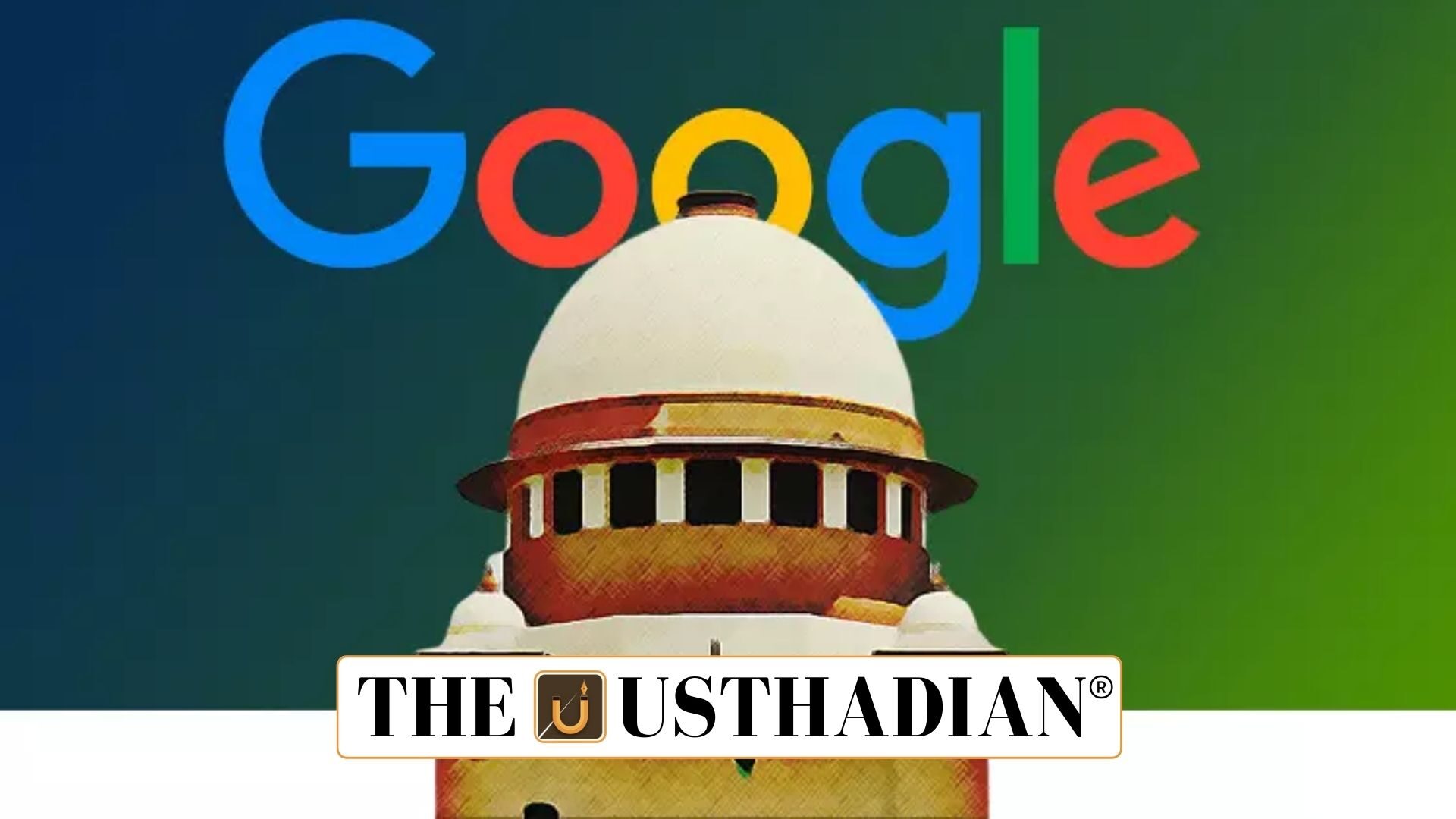Case Admission by Supreme Court
Supreme Court to Hear Google Android Competition Case: On 8 August 2025, the Supreme Court of India accepted an appeal filed by Alphabet Inc., the parent company of Google. The petition contests an earlier decision of the NCLAT, which had supported major findings of the CCI regarding Google’s misuse of dominance in the Android market. Alongside Google’s appeal, the Court also admitted connected petitions from the CCI and the Alliance Digital India Foundation (ADIF). A full hearing is scheduled for November 2025.
Static GK fact: The Supreme Court of India came into existence on 26 January 1950, replacing the Federal Court of India.
How the Investigation Began
The CCI launched an inquiry in 2020 after several app developers and industry associations raised complaints. The probe concluded that Google compelled developers to use the Google Play Billing System (GPBS) for in-app purchases, charging 15% to 30% commission. Its own platform YouTube, however, was exempted from these fees. The regulator also criticised Google’s practice of making pre-installed apps mandatory for smartphone makers in exchange for Play Store access, calling it a barrier to competition and consumer choice.
Static GK fact: India adopted the Competition Act in 2002, laying the foundation for modern antitrust regulation.
CCI’s Fine and Orders
The CCI imposed a penalty of ₹936.44 crore on Google. The regulator directed Google to separate its billing system from app distribution and ensure that billing data transparency is maintained. It also prohibited Google from using sensitive data to give its own services an edge. These measures were aimed at providing a level playing field for developers and protecting consumer interests.
Google’s Justification
Google strongly refuted the CCI’s findings. It maintained that Android is open-source and benefits both consumers and manufacturers. According to Google, pre-installation of apps was meant to improve user convenience, not block competitors. The company argued that its billing system provided safer transactions and aligned with global industry standards. Regarding YouTube’s exemption, Google claimed that it operated under a different revenue model.
Static GK Tip: Google was founded by Larry Page and Sergey Brin in 1998, with its headquarters in Mountain View, California.
NCLAT’s Partial Verdict
The NCLAT agreed with the CCI that Google engaged in anti-competitive conduct, but it cut the penalty to ₹216.69 crore. While some of the regulator’s directives were struck down for lack of evidence, the Tribunal restored important measures linked to billing transparency and user data protection. All parties – Google, CCI, and ADIF – have now sought further clarity through the Supreme Court.
Effect on Indian Digital Space
This case carries huge weight for India’s digital ecosystem. If the Court sides with the CCI, developers may gain access to alternative payment options, potentially reducing costs for users. Such a verdict could also increase data privacy and fairness in app distribution. However, experts warn that stricter rules might fragment the Android platform and cause inconsistent device experiences. Smaller Indian handset makers could find new opportunities if restrictions on Google are tightened.
Relevance for Startups and Global Tech Sector
For Indian startups, the dispute signals a chance to limit Big Tech influence. The ADIF insists that Google’s policies put local firms at a disadvantage by restricting payment flexibility. A pro-CCI ruling could enhance the bargaining power of these smaller firms. Globally, the outcome may force Google to adjust its Android strategy, with regulators in other countries closely observing India’s precedent.
Static GK fact: India’s digital sector employs over 5 million professionals, making it one of the largest IT workforces worldwide.
What Lies Ahead
The Supreme Court’s November 2025 hearing will decide how India tackles digital platform dominance. With Android installed on more than 95% of smartphones in India, the verdict will directly affect millions of consumers. A strong regulatory stance may establish India as a model for tech regulation worldwide, whereas a ruling in favour of Google would maintain the current structure of the Android market.
Static Usthadian Current Affairs Table
Supreme Court to Hear Google Android Competition Case:
| Topic | Detail |
| Case | Supreme Court review of Google Android antitrust dispute |
| Appeal Filed | 8 August 2025 |
| Main Authority | Competition Commission of India |
| Original Penalty | ₹936.44 crore |
| Reduced Penalty | ₹216.69 crore |
| Central Allegation | Abuse of dominance in Android services |
| Probe Initiated | 2020 |
| Other Petitions | From CCI and Alliance Digital India Foundation |
| Supreme Court Hearing | November 2025 |
| Likely Impact | App payments, licensing norms, startup competitiveness, consumer rights |








